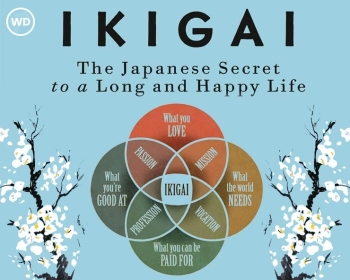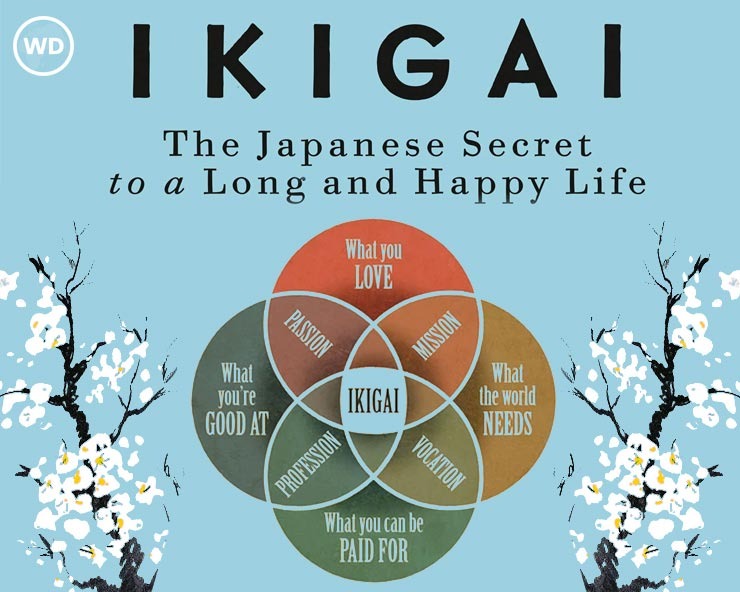
.jpg) P. A. Joseph
P. A. Joseph

Every country, every people have their own learned insights, lived customs, traditional ways of beliefs, ex
Similarly, among all or most of the cultures, the Japanese have great respect for the “used things” or even “dead things” or animals or even creatures like police-dogs, birds, fish, ants, flies, insects etc. Similarly pens, books, table cloths, utensils, hammers, nails, brushes, needles and such things are held with much respect in Japan.
What we often discard or throw away, the Japanese give a sort of religious burial. In a way they feel that those creatures, plants or even things have a so- called souls; hence these are given a sort of funerals. Theses religious/funeral services are called in Japan “kujo”. These services are conducted by Shinto or Buddhist clergy. These practices show the love and regard the Japanese have for the things they have used or were useful to them. There is a certain kind of animistic ethos in them. The above-mentioned details reveal the specialty of one kind of people.
Japanese have a life-touching ideology called IKIGAI meaning “the secret to long and happy life”. The real meaning of Ikigai is interpreted as “the happiness of always being busy”. Only staying active will make you want to live a hundred and more years. If I am not active, I become bored and my life becomes a burden for myself and even others. Hence what you do, continue to be doing, and do not look for retiring; in the Japanese perspective there is no retiring, but they keep on doing; in their language there is no word meaning retiring. They ask you if you are committed and interested in a job/task, is there any meaning in retiring. Can someone really retire if she or he is fully involved and interested in continuing. That is why Japan is called the land of eternal youth. This is the secret of longevity in Japan.
They want life and work to be continuing in a very regular manner. They do not want to put a stop at something they are keenly interested in and finding fulfillment. They want to work as long as they are physically, emotionally and mentally, able to continue. They have discovered a sense of purpose, meaning and value in what they have been doing. This makes them stay young. Mastering an active and adaptable mind is the key factor of staying alive. This demands great amount of openness to others. This we can learn from young boys and girls; how they adjust and accommodate in front of varying life situations and experiences.
As they continue in this healthy style, they slow down in aging process. Besides intellectual activities, curiosity, reading, desire to learn something new and daily, and to interact with others are very useful to maintain youthfulness. This will keep the mind young and anti-aging. Each one has a unique reason for living, functioning and a forward-looking goal to achieve and persevere. In this context backward looking events for silver, golden, diamond jubilees of persons are obsolete and meaningless.